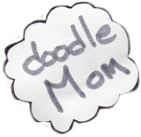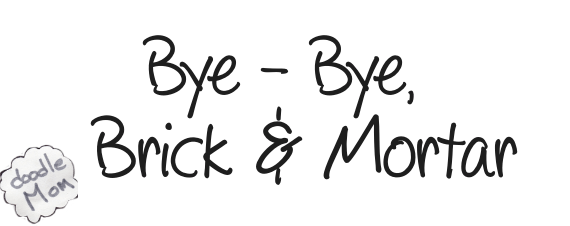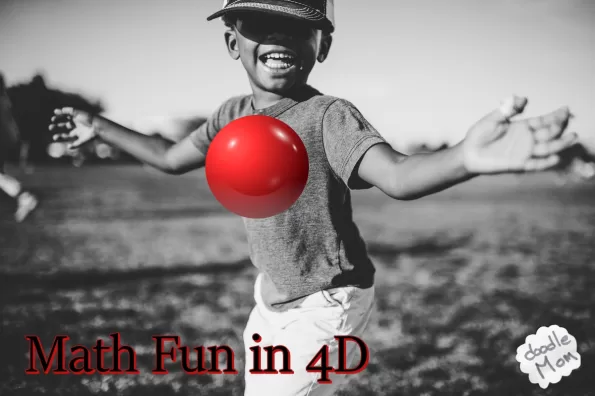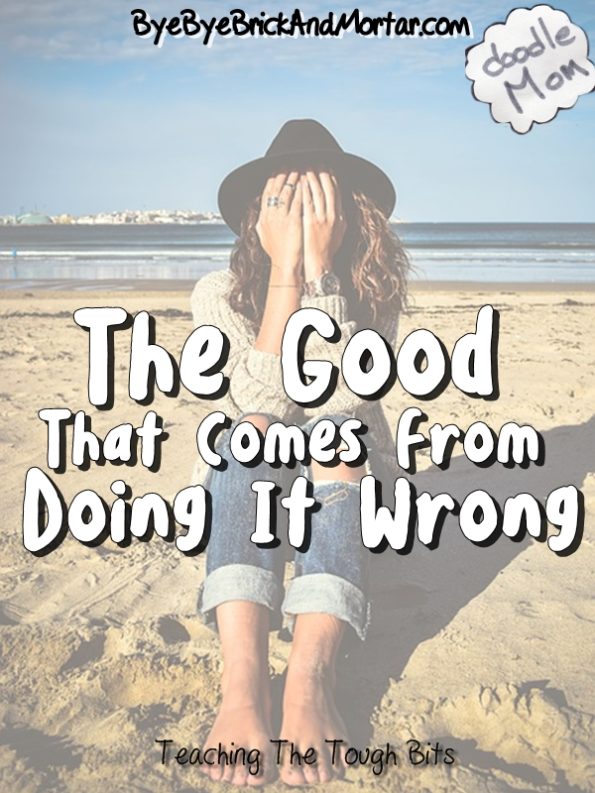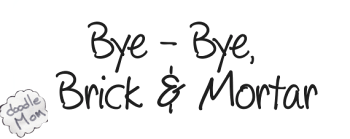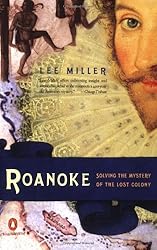 Logic is critical to so many tasks and processes in life and it is wonderful to find it being faithfully utilized in an engaging history book.
Logic is critical to so many tasks and processes in life and it is wonderful to find it being faithfully utilized in an engaging history book.
We cleared the decks this morning so that I could finish reading ‘the Roanoke’ book to my kids. After a marathon 4 1/2-hour long session, punctuated only by threats by my children of misbehavior if I were to “dare stop reading” before we got to the conclusion and found out what happened to the lost colony, we finally reached the end just in time for our ‘1-3 break’ (the time I spend regaining my thoughts, working, reading literature and history I will need to know in the next years to finish homeschooling, and, yes, blogging).
I don’t think I will want to talk again for a week, but then the Hub came home from work more chatty than usual. Where is the strong, silent type personality I normally must battle for more than one word answers? My mouth is sore from 4 hours of trying to pronounce countless Algonquian and Iroquoian and Siouan words and fragments, not to mention a copious quantity of old English letters and poetry sprinkled throughout the book. In just a few hours I will be teaching cello and violin to a pile of youngsters and am wishing right now that I could pull it off with sign language.
But this book was an absolutely wonderful trail through a series of logic puzzles and mysteries. It taught my kids a great deal about the process of being a historian. It is not memorizing facts and learning battle strategy. It is not about the precipitous path many take when taking multicultural viewpoints that lead, through equivocation, to a lack of strong moral precepts. Being historian is really about applying the tools of logic and your understanding of the world to a past event to solve the mystery of what happened and why. It is much the same as the process an engineer uses to design with the tools of mathematics and physics.
And so today we ended a wonderfully-rich and terribly-tragic, logic driven path through a part of our country’s history that was influenced by politics, war, thriving trade and commerce, and a few really, really bad men from two continents.